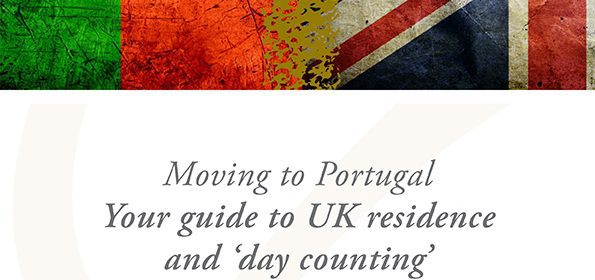The Spectrum IFA Group are delighted to announce the official opening of our latest office in Portugal.
The new office is based in Almancil, which is situated in the very south of the country in the heart of an affluent area known as the ‘Golden Triangle’.
It will be run by Mark Quinn, a dual-qualified chartered financial planner and tax adviser. He brings 20 years’ experience advising individuals and businesses in the UK and Europe.
Mark has lived and worked in Portugal since 2014 and it was his interest in joining The Spectrum IFA Group that made it possible to re-open an office in Portugal.
This recent opening follows the establishment of an office in Malta in September 2021, adding to the offices already situated in France, Spain, Italy, Switzerland and Luxembourg.
Mark has over 20 years’ experience in finance and investment and is a dual qualified Tax Adviser and Chartered Financial Planner. Mark is originally from Manchester and moved to Portugal in 2014.
After obtaining a degree in Finance, he started his career in the UK as a researcher and report writer for several accountancy and advisory practices before being promoted to Independent Financial Adviser status in 2005. He has broad experience in advising individuals, companies and trusts in respect of their financial and tax issues.
In today’s world of finance one thing is clear, we all have to pay attention to and take great care of our own finances. Spectrum advisers are here to help you, our clients, with the many complex financial and tax issues you are confronted with: retirement and pension planning including QROPS, Life Assurance, efficient investing (using Insurance wrappers), succession and inheritance tax planning, currency exchange and many more.
As for most expatriates, these planning issues may exist in more than one country, and we believe working with experienced, qualified, cross border advisers who are themselves expatriates, and therefore facing similar challenges, is really important.
Throughout the group want our clients to stay involved and work with us to ensure they continue to prosper. We put an emphasis on continued financial advice and support with some of our clients having worked with their adviser for more than 15 years.
Our commitment to long term business relationships allows us to provide advice and reassurance during the inevitable changes in tax rules, movements in exchange rates and markets.
If you are thinking of moving to Portugal or are an expat currently living there, contact Mark via the form below:



















